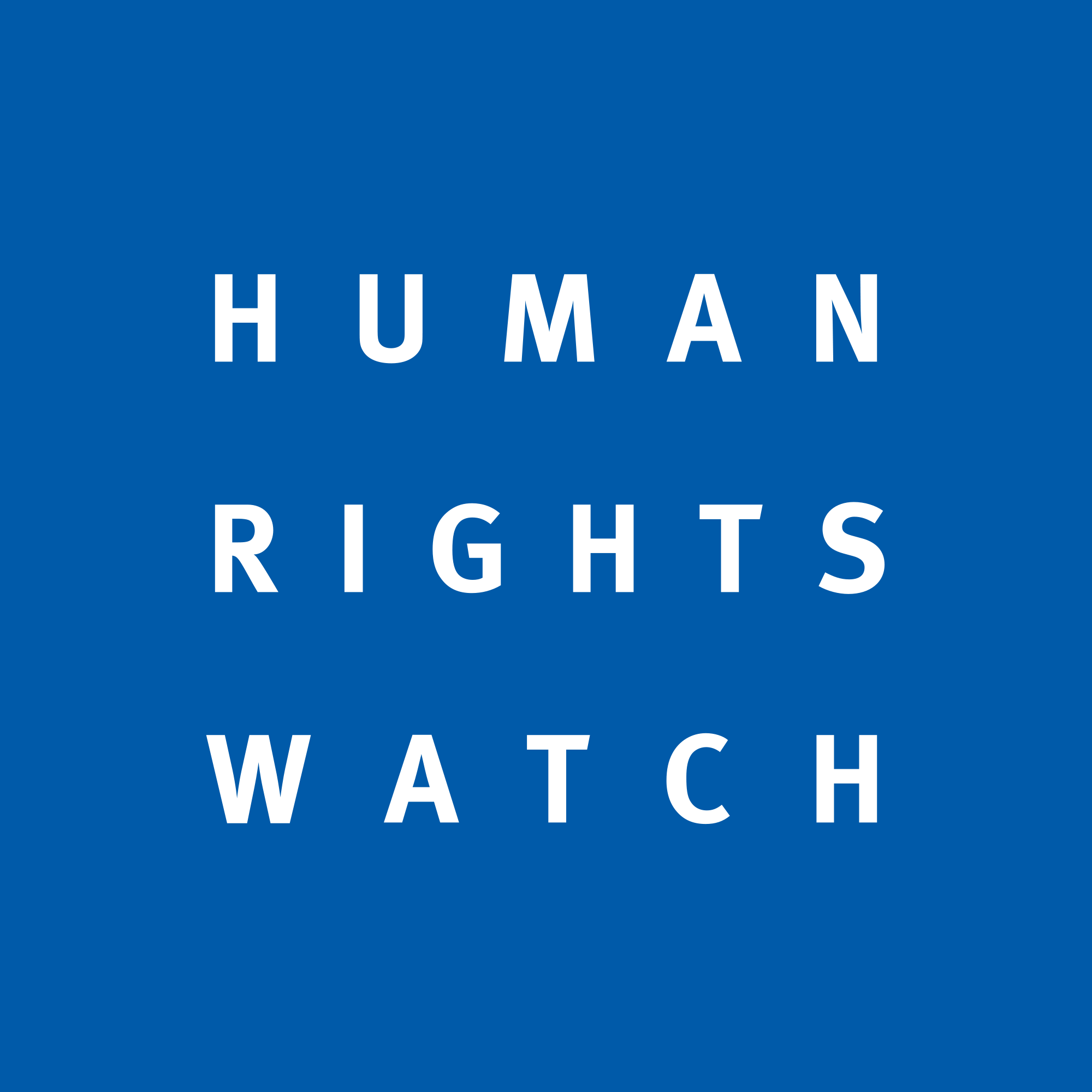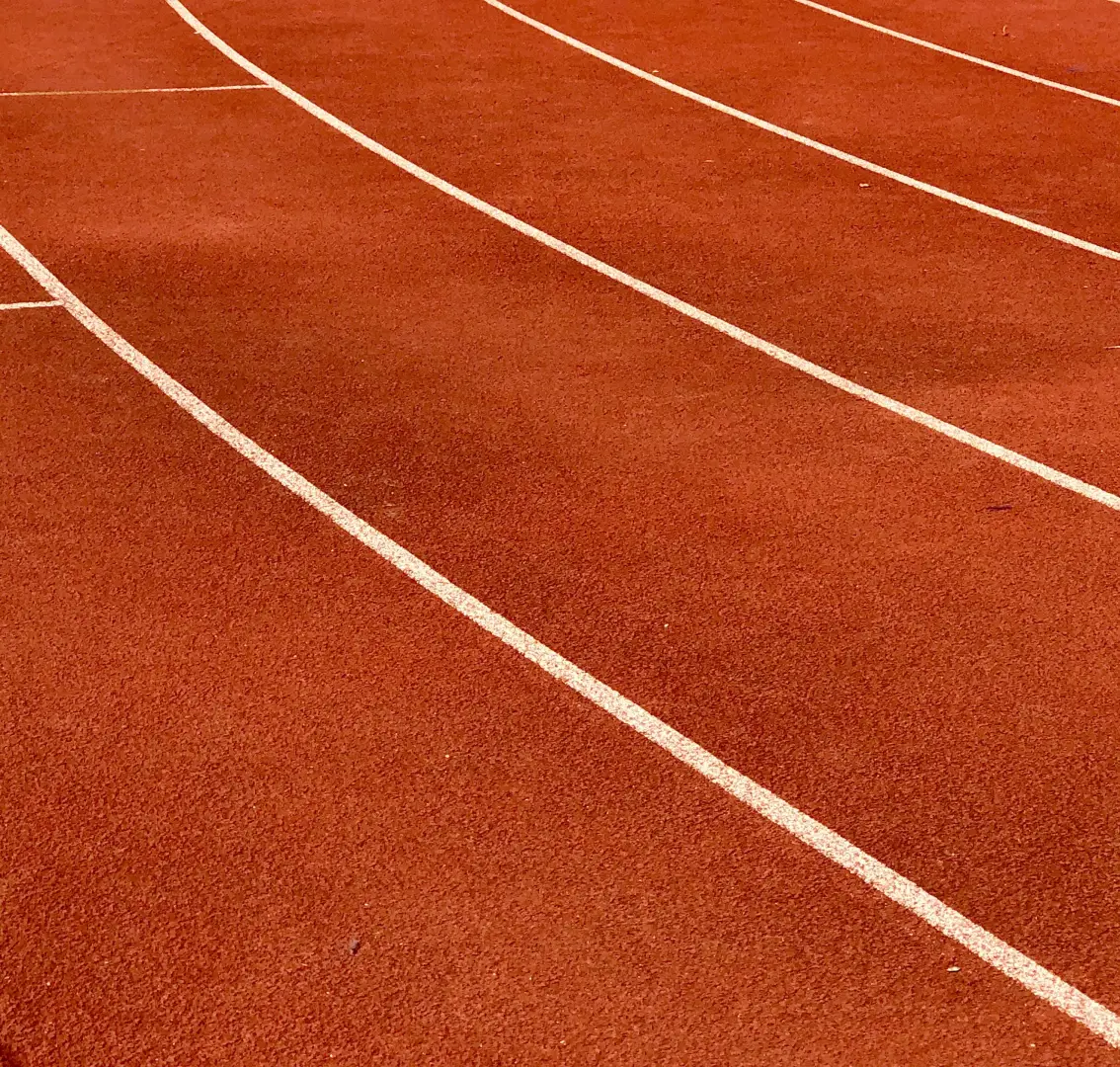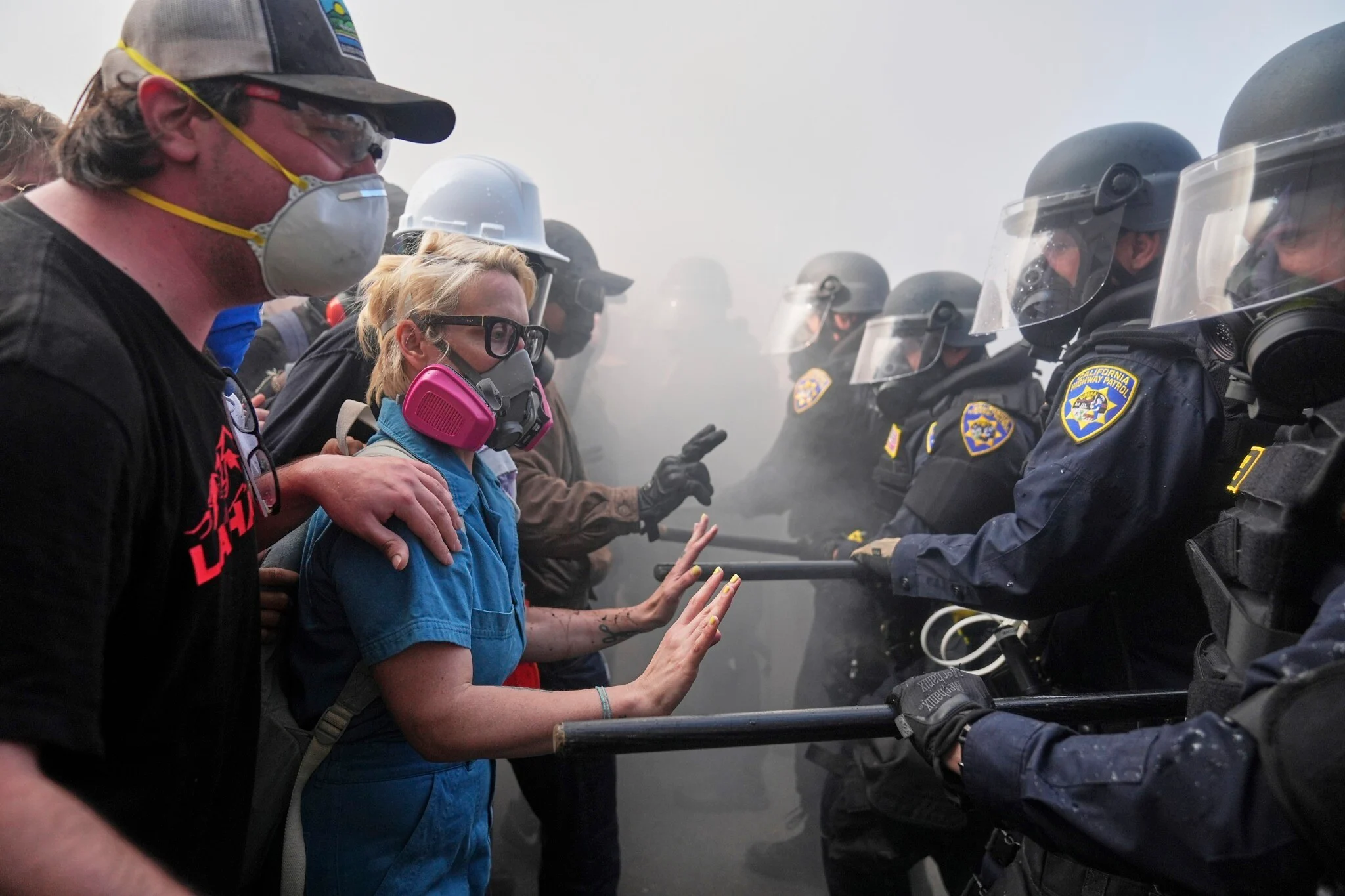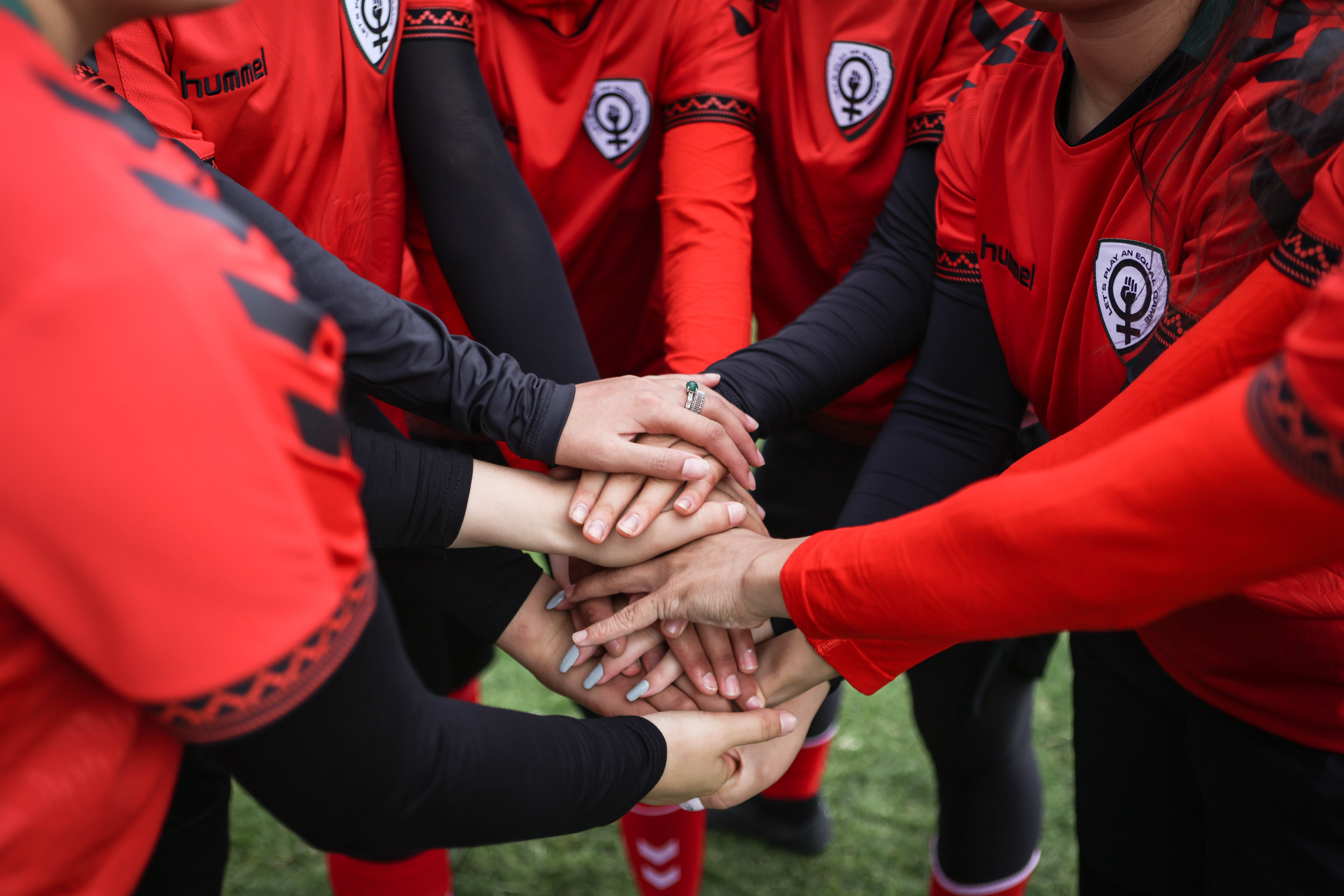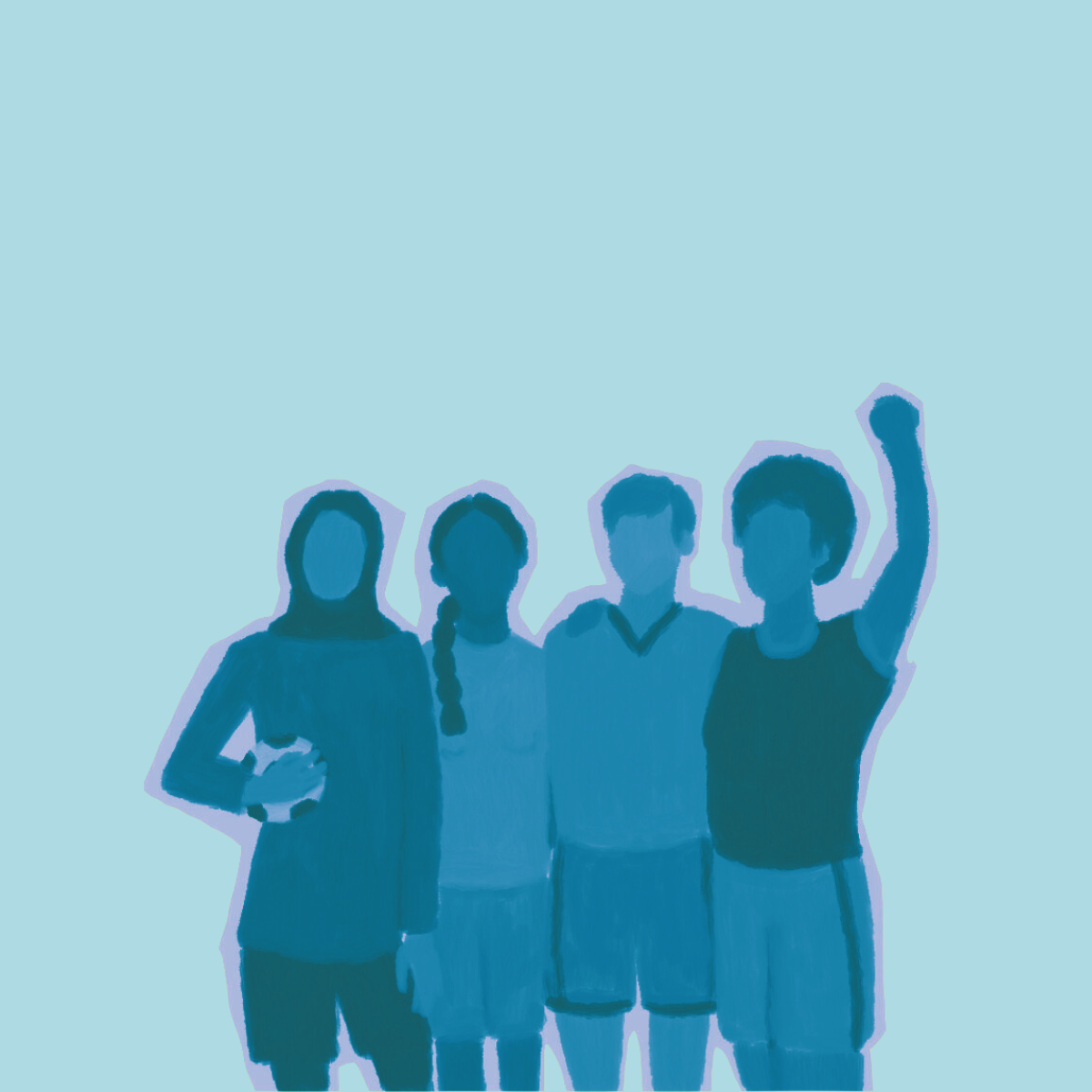Dr. Thomas Bach
President
International Olympic Committee Château de Vidy
1007 Lausanne
Switzerland
December 3, 2014
Ref: IOC Agenda 2020 – Involvement of NGOs and Civil Society
Dear President Bach,
As leading non-governmental organizations in the area of human rights, including children’s rights, labor rights and anti-corruption as well as official representatives of professional football players and supporters, we are joining forces to cooperate on the issue of “Mega-Sporting- Events” (MSE).
The IOC’s Agenda 2020 Process is an important opportunity to ensure future Olympic and Paralympic Games as well as Youth Olympic Games and other MSEs be organized in a way that respects human rights, labor rights, the environment and anti-corruption requirements during the entire life cycle of the event – that is from early bidding stage on national level to the closing ceremony and final reporting. Thus, the potential positive impact of Mega-Sporting Events will be enhanced and the IOC will have the chance to demonstrate “social responsibility”, promote “universal fundamental ethical principles” and “preserve human dignity” as expressed in the Olympic Charter.
With the 20+20 Recommendations published by the IOC on November 18 an important step has been made to reform not just the IOC but to address challenges across international sport more broadly. We welcome especially the proposals with regard to a comprehensive sustainable approach; anti-discrimination, including adding “sexual orientation”; gender equality; “environmental and labor-related matters”; transparency and good governance.
With regard to strategic partnerships with NGOs (Recommendation 20) and an ongoing dialogue with civil society (Recommendation 39) we encourage you to take a systematic approach as has become common practice in international business. This has to be accompanied by a thorough process of social dialogue in the development phase, the supply chain, and during the event itself including the athletes and workers involved in the preparation of events and in producing Olympics merchandise.
Specific non-governmental organizations may also support an independent risk analysis during the bidding process, thus enhancing the information available to the IOC and sharing the burden.
We are committed to engage and assist in the implementation of the proposed reforms and to provide background and guidance you and your team may need to make informed decisions that will affect many lives in prospective host countries.
We hope to meet to discuss our shared interests early in 2015. We wish for a positive “Agenda 2020” process that advances the role of sport as a “force for good.”
Sincerely,
Amnesty International
FIFPro – World Players‘ Union
Football Supporters Europe
Human Rights Watch
International Trade Union Confederation Supporters Direct Europe
Terre des Hommes International Federation Transparency International Germany
